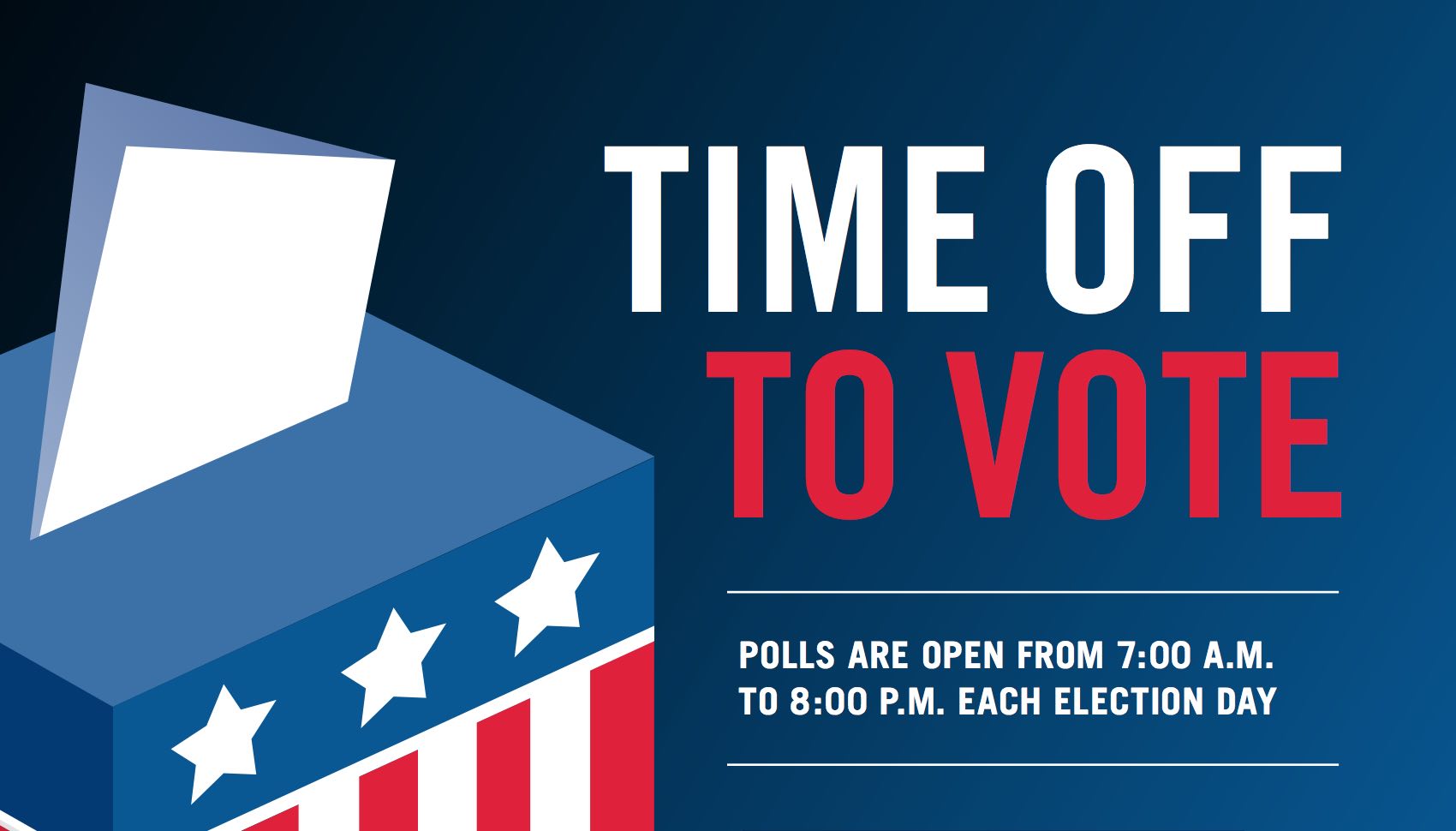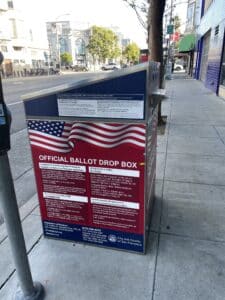
Today, I will address a few questions that I have received by email or have been posted on the Dolan Law Firm’s Facebook page, and tell you about a scholarship program we have launched.
With the Presidential and statewide election set for next Tuesday, I have been asked how does California’s Time Off To Vote Law work.
California Elections Code Section 1400 mandates that an employer must provide an employee time off to vote if the employee does not have sufficient time outside of working hours to vote. The intent of the law is to provide an opportunity to vote to workers who would not be able to do so because of their jobs.
An employee can be given as much time as he or she needs in order to vote, but the employer is obligated to pay only a maximum of two hours of wages. Importantly, you may not automatically take the time off to vote and expect to be paid. You must first notify your employer at least two working days prior to the election of your need for time off to vote. Further, the employer is allowed to require that the time to taken off occur at the beginning or end of your shift.
Don’t delay in submitting your request if you need time off to vote. Also, keep in mind, it is a lengthy ballot this year which will likely lead to long lines at polling locations during peak voting hours. Make sure you allocate enough time to vote.
A reader recently asked me about the legality of her employer paying her less than a male employee with the same duties and educational background as her. In my column two weeks ago, I explained that on January 1, 2016, the California Fair Pay Act went into effect and significantly expanded the California Equal Pay Act, the state’s law against gender pay inequality. Under the law, employers must pay men and women equally for performing “substantially similar” work under similar working conditions.
My article prompted a follow up question asking if the law prohibits pay inequality among employees of different races or ethnicities. The answer is yes.
On September 30, 2016, Governor Brown signed Senate Bill 1063 into law. The legislation amended the Equal Pay Act to prohibit employers from paying employees a wage rate less than the rate paid to employees of a different race or ethnicity for substantially similar work. Exceptions for pay differentials are permitted. However, the employer must prove the different wage is due specific factors not based or linked to race or ethnicity and consistent with an overriding legitimate business purpose.
Another reader asked if employers may discourage employees from sharing their salary information. This is widespread in the workplace, and illegal. California Labor Code section 232 prohibits an employer from requiring an employee to refrain from disclosing the amount of his or her wages, or discharging, formally disciplining, or otherwise discriminating against an employee who discloses the amount of his or her wages.
I wish to announce that we have created the Dolan Law Firm Justice Empowerment Scholarship for college students with passion for justice. One $2,500 scholarship will be given to a current U.S. college student. Applicants are required to create a short video on the topic of justice, and post the video on YouTube by January 20, 2017.
Through the Justice Empowerment Scholarship, we want to encourage students to advance the cause of social justice. We also hope that the videos applicants submit will inspire other young persons across America to strive for social justice in their communities. Please visit https://dolanlawfirm.com/about-us/scholarship/ for details on how to apply for the scholarship.
Finally, thank you Examiner’s readers for honoring my law firm with the 2016 Examiner Readers’ Choice Best Law Firm award. At the Dolan Law Firm, our job is stand up for those who otherwise would have no access to the courthouse. We take great pride in obtaining justice for our clients and holding the powerful accountable. I am extremely grateful to all persons that voted for my firm.










